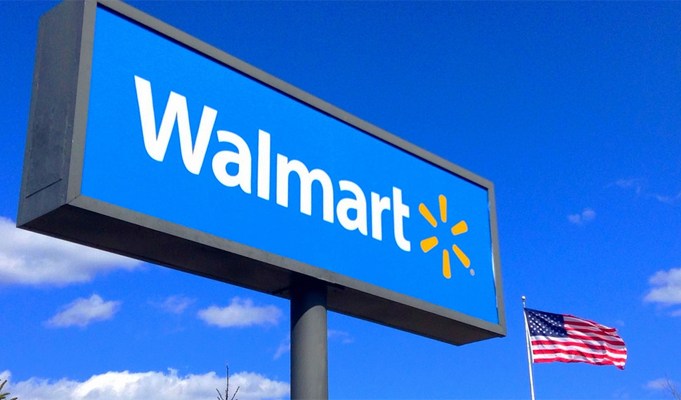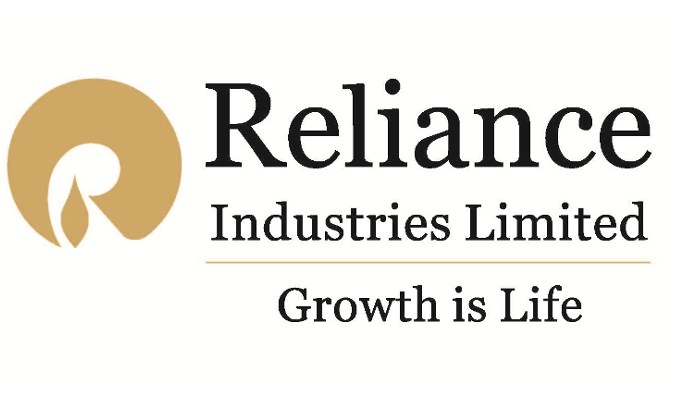Today, this is the most frequently heard question in retail circles. Nobody knows yet, who’s going to strike its footprint for a pie in India’s $300 billion retail basket. If sources are to be believed, then UK’s Tesco and French retailer Carrefour are giving final touches to enter the country.
According to sources, Tesco-Tata talks are advancing and they may finalise it soon. “Tesco Hindustan Service Centre (HSC), a global services arm of Tesco, unveiled Tesco’s first Retail Test Lab recently in India at their Bangalore centre. This is a clear indicator and was the first step. They may announce it anytime,” sources in the industry said.
When contacted, an official at Tesco HSC responded: “See, Retail Test Lab has been set up to test and certify all the retail software and solutions that is developed at Tesco HSC for stores in the United Kingdom and Republic of Ireland (ROI). I don’t see any connection between this and Tesco’s Indian foray.” He declined to comment on the rumoured Tesco-Tata tie-up.
However, sources close to Tata and Tesco informed: “Since the government has not allowed FDI in the retail segment, it will be a technical alliance in the beginning, which will eventually turn into a JV wherein the Tatas will have the larger stake.”
The deal, if it materialises, will be the third venture of the Tata Group into the retail segment. Trent Limited, headed by Noel Tata, is one of the oldest retail companies of the country, running an apparel retail chain under the brand name Westside. Last October, Infiniti Retail, a 100 per cent subsidiary of Tata Sons, entered into a technical alliance with Australian retail chain Woolworths to start India’s first large-format specialist retail chain for consumer electronics and durables under the brand name Croma.
The fit between Tata and Tesco works out well, according to an analyst. “Based on scale Tesco can fit into Tata’s bills for its national impact, with its £1 of £8 in consumer spend passing through its UK tills; meanwhile, Tata contributes nearly 3 per cent of India’s GNP.”
Tesco was earlier talking to Bharti group, but Wal-Mart, the world’s largest retailer, clinched the deal from Tesco, which is the world’s third largest retailer after Carrefour.
Carrefour, the 86-billion-euro French retail giant, had earlier set up an office in India to study the market pulse of consumers. However, a few months later, in March 2004, the company pulled back its officials who were posted in New Delhi to chart its business plans in the country. It was learnt that Carrefour’s decision was influenced by lack of clarity and direction on foreign direct investment in various formats of trading, including retailing. Now, it seems that the retail daddy is optimistic about India.
According to sources, Anil Ambani-led Reliance may help Carrefour to build up a retail footprint in the country. “Carrefour is learnt to be in serious talks with Anil Dhirubhai Ambani Group (ADAG) for a joint venture,” a source close to ADAG said. The source added that there are more than two companies in the fray, but ADAG has more chances. Asked about Wadia’s alliances, he confirmed: “True, they are still there, but at present Anil is leading over Wadia’s.”
If the Anil Ambani group’s entry into the retail sector materialises, it would follow the mega retail foray of Mukesh Ambani-promoted Reliance Industries Limited (RIL) last year. RIL has outlined a whopping investment of Rs 25,000 crore in the retail business over the next five years.
Also, there were reports that Carrefour officials recently met Union Commerce and Industry Minister Kamal Nath and some senior Indian officials at the recently held World Economic Forum summit at Davos, where Anil Ambani was also present.
It is learnt that the younger Ambani is also keen to enter the organised retail sector. “Whether ADAG-Carrefour happens or not – he will enter the retail business in a big way,” sources confirmed.
According to AT Kearney’s latest report, India is the most favoured destination for global retailers. “If India’s much-anticipated retail revolution has a start date, it could well be soon. India, in the coming years, will wake up to see her shopping zones turning into war zones. The world will soon witness the first retail world war in India,” an expert envisaged.
The big question is: who’s going to win? Perhaps the answer is simpler than one might think – consumers.
– Vishnu Rageev R, Bangalore Bureau





